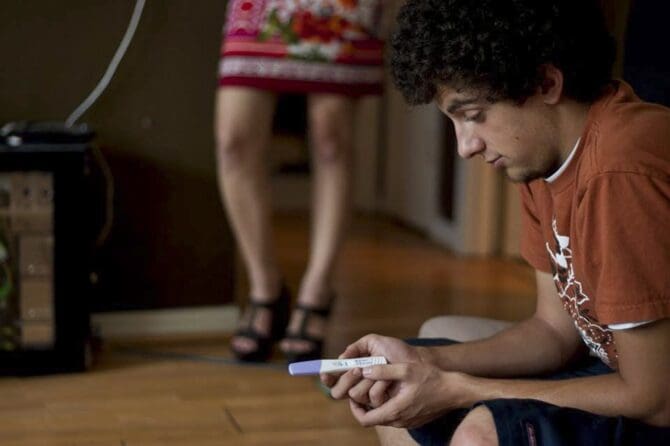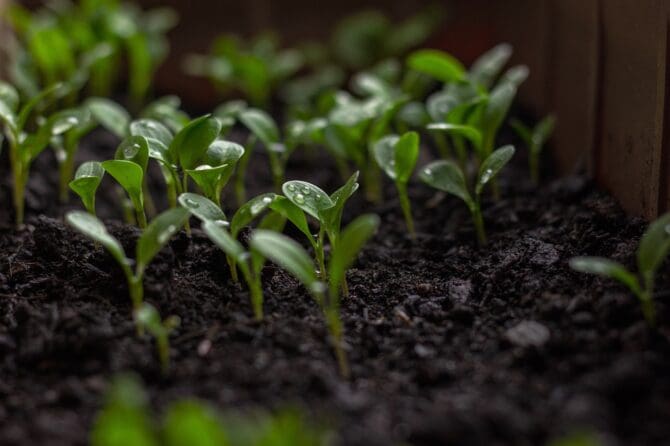If you think your child may be getting ready to start reading, there are a few things you can do to assess their readiness. Getting a head start on reading can give children a number of advantages, including excelling in school and finishing college. There are a number of ways to assess your child’s readiness and their early reading potential. Try looking for signs that they understand the concept of reading. For example, if you read a book to them, they may be able to follow along when you read. You can also ask your child’s teacher for their opinion. Ultimately, every child learns to read at their own pace, so don’t worry if they’re not ready to start just yet.
Does He or She Pretend to Read?
One of the most rewarding things you can do as a parent is to read with your child. Not only is it a great way to bond with them, but it also helps them develop their reading skills.
Mostly, children who are beginning to develop their reading skills will sit and read along with the words in a book, pointing to the words with their finger as they recite the story out loud. Obviously, unless it’s a story they are intimately familiar with, the words won’t match what is actually written in the book. But this is a great way for them to start learning how to read.
Recognition of Letters
If your child is frequently identifying letters in their everyday life, it’s a good indication they’re ready to develop their early reading skills. Help them out by pointing to letters and helping them sound out simple words.
You can find letters anywhere – on cereal boxes, street signs, store windows, and more. With a little practice, your child will be reading in no time!
Other Signs of Early Reading Comprehension
As your child begins to develop reading skills, you may notice some tell-tale signs. For example, does your child understand that a book should be turned over when it’s upside down?
Does he or she seem to realize that pages are turned from front to back, and that a book is finished when it’s closed? If so, then it’s likely that your child is beginning to develop early reading skills – skills that can be easily strengthened with practice.
One way you can tell if your child is developing reading skills is if they’re showing interest in writing. This may manifest as them playing and pretending to write letters, even if they’re not forming them correctly yet. It’s a good sign that they’re enthusiastic about learning how to read and write.
When determining your child’s readiness to start reading, another thing to consider is their attention span. If they can’t sit through an entire reading of their favorite storybook, they might not be ready just yet.
However, if they ask you to “read it again” once you’re finished, that’s usually a good sign that they’re ready to start learning.











